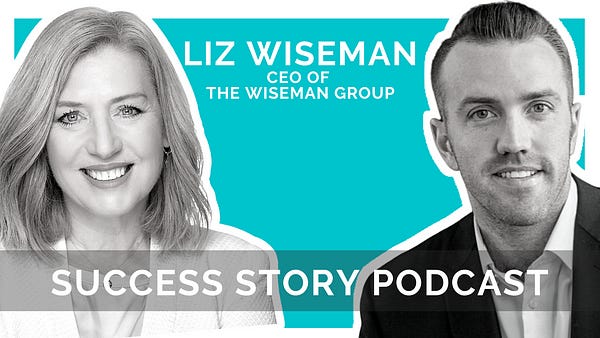Liz Wiseman — CEO of The Wiseman Group | Increase Your Leadership, Influence, and Impact at Work
Mental Models, Performance, Business & Entrepreneurship | newsletter.scottdclary.com
Mental Models, Performance, Business & Entrepreneurship | newsletter.scottdclary.com
Hi All!
Here is my weekly email with some insights and ideas pulled from conversations I had on my podcast.
Subscribe to get this newsletter in your inbox, every week.
Sponsor: Success Story Podcast (Hubspot Podcast Network)
Stories worth telling.
Join Scott D. Clary on the S…



